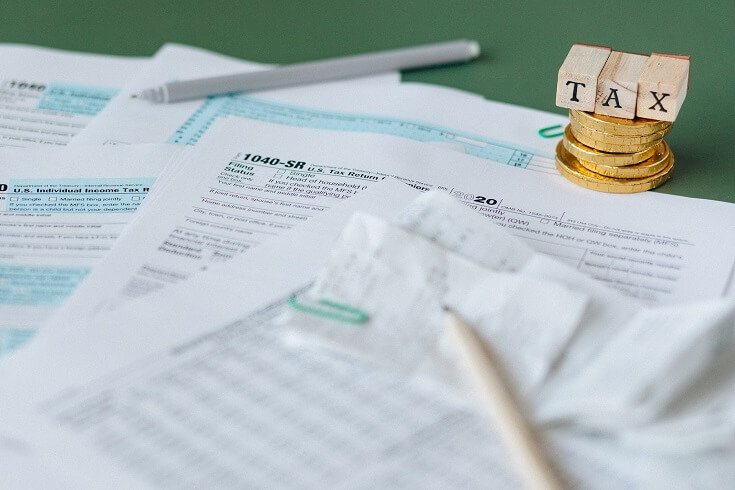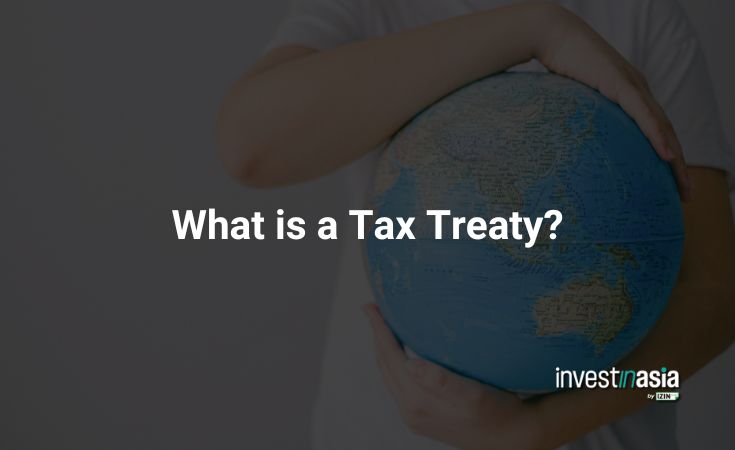A tax treaty is a vital instrument used by countries worldwide to manage and mitigate the complexities of international taxation. These bilateral agreements are designed to prevent the double taxation of income, whether it be passive or active, ensuring a fair and equitable distribution of tax responsibilities between the countries involved. This article delves into the intricacies of tax treaties, their models, and their application in Indonesia.
Key Takeaways
- Bilateral Agreements: Tax treaties are bilateral agreements between two countries to address and resolve issues of double taxation.
- Taxation Clarity: These treaties determine which country can tax income, capital, estate, or wealth to prevent double taxation.
- Investment Fairness: Tax treaties help in deciding the tax obligations of individuals or businesses investing in foreign countries.
- Tax Havens: Countries identified as tax havens typically do not enter into tax treaties.
What is a Tax Treaty?


A tax treaty, also known as a Double Tax Agreement (DTA), is a pact between two countries to address the issue of double taxation on the income of their respective residents. This agreement ensures that taxpayers do not pay taxes twice on the same income. Typically, tax treaties cover various types of taxes, including income tax, capital gains tax, and wealth tax.
Also read: Understanding Value-Added Tax (VAT): A Comprehensive Guide
How Tax Treaties Work
When individuals or businesses invest in a foreign country, it often raises the question of which country should tax the earnings from these investments. The countries involved, known as the source country (where the investment is made) and the residence country (where the investor resides), may enter into a tax treaty to determine which country has the right to tax the income, thereby avoiding double taxation.
Source Country vs. Residence Country
- Source Country: The country that hosts the inward investment, sometimes referred to as the capital-importing country.
- Residence Country: The investor’s country of residence, also known as the capital-exporting country.
Tax Treaty Models


To standardize and facilitate these agreements, two primary models are followed:
OECD Model:
- Developed by the Organization for Economic Co-operation and Development (OECD), which comprises 37 countries.
- Favors capital-exporting countries by requiring the source country to relinquish some or all of its tax claims on certain income categories earned by residents of the other treaty country.
- This model works best when trade and investment flows between the two countries are relatively balanced.
UN Model:
- Developed by the United Nations to cater to the needs of developed and developing countries.
- Grants more taxing rights to the source country, benefiting developing countries that receive inward investment.
- This model allows the source country to tax the business income of non-residents more heavily than the OECD model.
Also read: Understanding Indonesia Business Law: A Comprehensive Guide
Tax Treaty in Indonesia
Indonesia actively participates in international tax treaties to foster economic cooperation and attract foreign investment. Known locally as Perjanjian Penghindaran Pajak Berganda (P3B), these agreements are crucial in preventing double taxation for businesses, workers, and students involved in cross-border activities.
Indonesia has signed 71 DTAAs with various countries, which help in:
- Reducing withholding tax rates on dividends, interests, and royalties.
- Providing withholding tax exemptions on service fees.
- Ensuring clarity on tax obligations, thus avoiding the burden of double taxation.
The main objectives of Indonesia’s tax treaties include:
- Creating Equal Taxation Opportunities: Ensuring a fair tax distribution to avoid economic discrepancies.
- Preventing Double Taxation: Allowing taxpayers to pay tax only in their country of residence or source.
- Encouraging Foreign Investment: Providing a clear tax framework to attract foreign capital.
- Enhancing Human Resources Quality: Facilitating the movement of students and workers without the burden of double taxation.
- Preventing Tax Evasion: Enabling information exchange between countries to curb tax evasion.
Also read: Tax Treaty Indonesia: Countries List and Complete Guide
By understanding the role and mechanisms of tax treaties, individuals and businesses can better navigate the complexities of international taxation and leverage these agreements to optimize their tax liabilities.
Should you need a specific tax advice and detailed analysis, you can rely on InvestinAsia’s Indonesia tax consultant and compliance services. Our experienced team of professionals is ready to assist you in every tax matter, such as:
- Accounting and tax reporting services in Indonesia
- Indonesia Payroll Service
- Indonesia LKPM Reporting Service
- Indonesia VAT Taxpayers Registration
Contact us for a FREE tax consultation and get special offers!
FAQs about Tax Treaty
What is a tax treaty?
A tax treaty is a bilateral agreement between two countries to prevent double taxation of income for their residents.
Why are tax treaties important?
Tax treaties are crucial for avoiding double taxation, ensuring fair tax distribution, and promoting international trade and investment.
What are the main models of tax treaties?
The main models are the OECD Model, favoring capital-exporting countries, and the UN Model, benefiting capital-importing, often developing, countries.
How many DTAAs has Indonesia signed?
Indonesia has signed 71 Double Tax Agreements to eliminate double taxation and foster economic cooperation.



